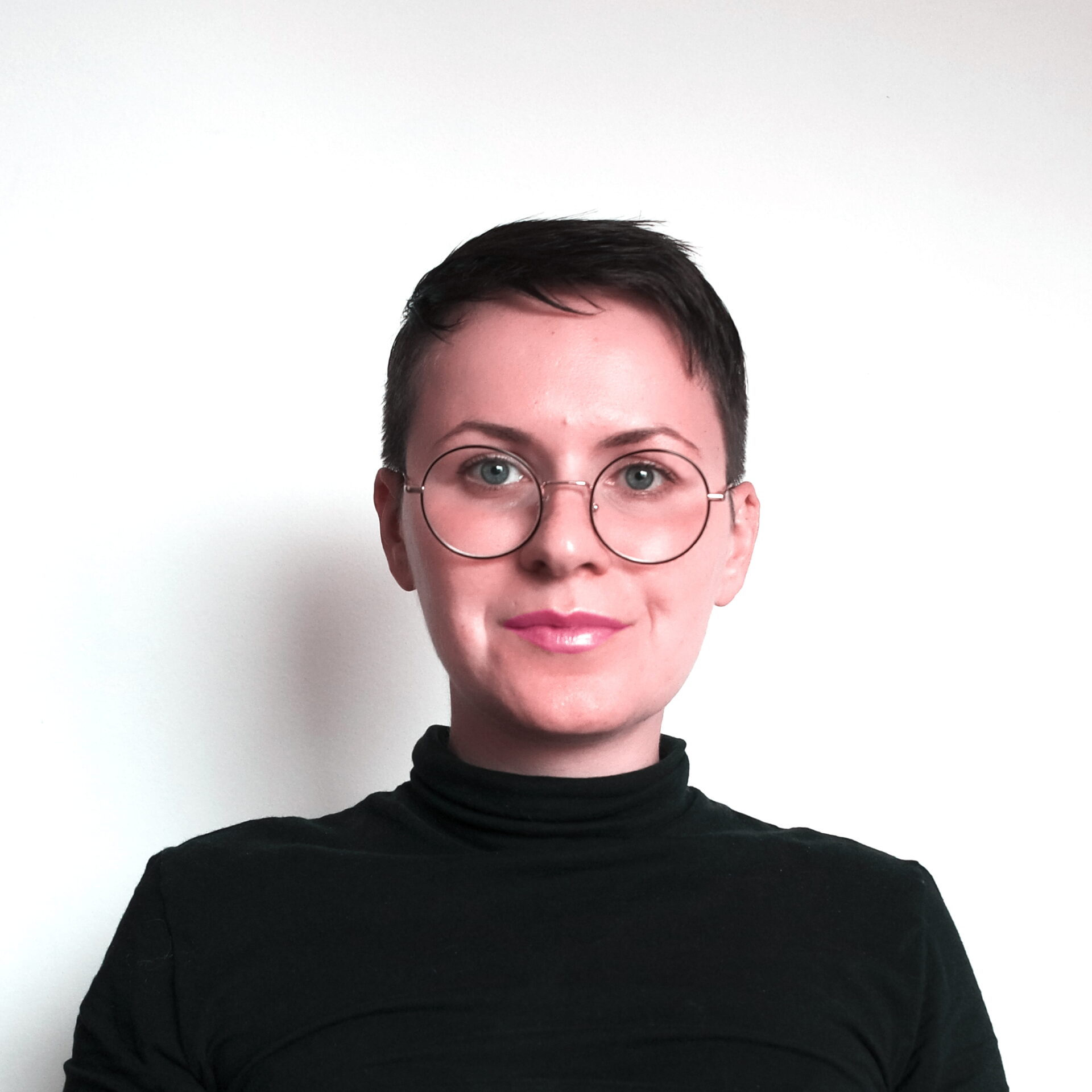
By Valentina Manente, GCDC Doctoral Candidate, Kent School of Architecture and Planning
“I am currently finishing the second month of my fieldwork in Bogotá and I am very happy with my experience so far: I am collaborating with 18 urban gardens that are helping me in gathering data about their productivity from a physical and social point of view. My on-field activity was divided into several steps: First of all, I got in touch with a group of urban farmers that I selected from a database provided by the Botanical Garden of Bogotá “José Celestino Mutis” and asked for their collaboration. Subsequently, I equipped them with measuring tools (scale, water meter and harvest diaries), measured their gardens and gathered information on how these spaces are run. I am currently distributing anonymous questionnaires among the participants of my study to understand the social impacts of urban agriculture on them. The work is tough (I have to travel around town for about 6 hours each day), but extremely rewarding and, besides of my research, I found the time to visit the amazing sites surrounding Bogotá and even take a photography course!
In parallel to my work in Colombia, I am also taking part in the “Design exchange partnership” project, which was launched in 2021 by the Design Museum London. Through this program, I was given the opportunity to design a circular model for food waste recycling in Teviot estate in London. Together with Leap Micro AD, my partner company, we created a manual which we called the “Blueprint”: this document collects methodologies, design tools and practical suggestions to create a closed loop consumption system, converting food waste into compost for urban agriculture through anaerobic digestion in a typical London social housing estate. We are hoping that this document will help many social housing estates to successfully transition to a “zero waste” consumption model. I think this was a very fruitful experience as I connected with a company that operates in my field and gained insights on the technicalities that make sustainable development possible.
Last but not least, I am happy to announce that the article I co-authored with my supervisor Dr Silvio Caputo on the on-line presence of hydroponics techniques will soon be published by Springer Nature! This article analyses the web community of soil-less farmers and their ways of sharing knowledge on hydroponics and aquaponics techniques with each other.
In conclusion, I am very grateful to the GCDC and the University of Kent for the amazing opportunities I have been given for my personal and professional development and I am looking forward for more to come!”